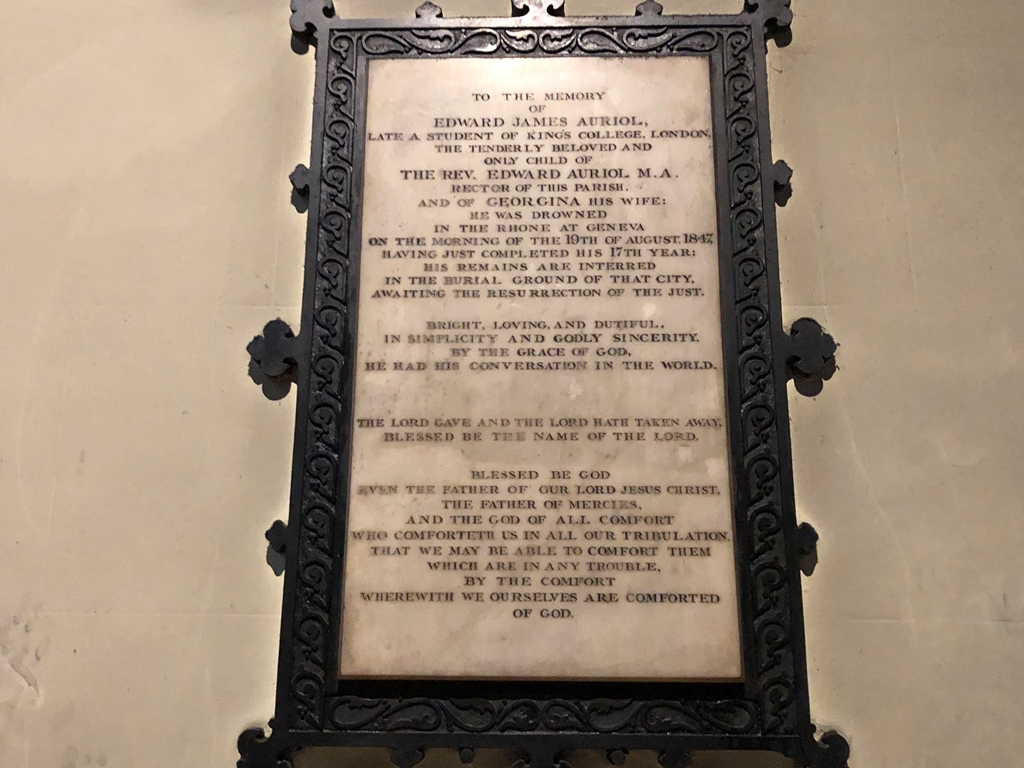
A little while back, I came across an online etymology dictionary and was fascinated to learn the roots and the evolution of the word “conversation”.
conversation (n.)
mid-14c., “place where one lives or dwells,” also “general course of actions or habits, manner of conducting oneself in the world,” both senses now obsolete; from Old French conversacion “behavior, life, way of life, monastic life,” and directly from Latin conversationem (nominative conversatio) “frequent use, frequent abode in a place, intercourse, conversation,” noun of action from past-participle stem of conversari “to live, dwell, live with, keep company with,” passive voice of conversare “to turn about, turn about with.”
It seems to me that this obsolete meaning fits well with the concept of Conversational Leadership. You might say that Conversational Leadership is about how “we conduct ourselves in the world” or maybe “how we interact with the world.”
Anyway, I had forgotten all about this old usage until, in March 2019, I was walking in London from Charing Cross to the City, along Fleet Street, and visited some of the many churches along the way. I love the quiet and peacefulness of old churches amid the hustle and bustle of modern-day London.
I sat at a pew in a church called St Dunstan-in-the-West for a while contemplating life, and as I came to leave, I decided to read one or two memorial plaques on the wall. The photo is the first one I read — a sad story of a young man who drowned in the Rhone in 1848 near Geneva, and there halfway down the plaque were the words:
“He had his conversation in the world”.
That old 14th-century meaning was still in use almost 200 years ago.
Note: I previously published this post in my old blog on gurteen.com, but I love it so much I have published it again here.
Knowledge Letter: Issue: 257 (Subscribe)
Tags: conversation (187) | etymology (4)
RSS: Blog Feed
Photo Credits: Midjourney (Public Domain)

